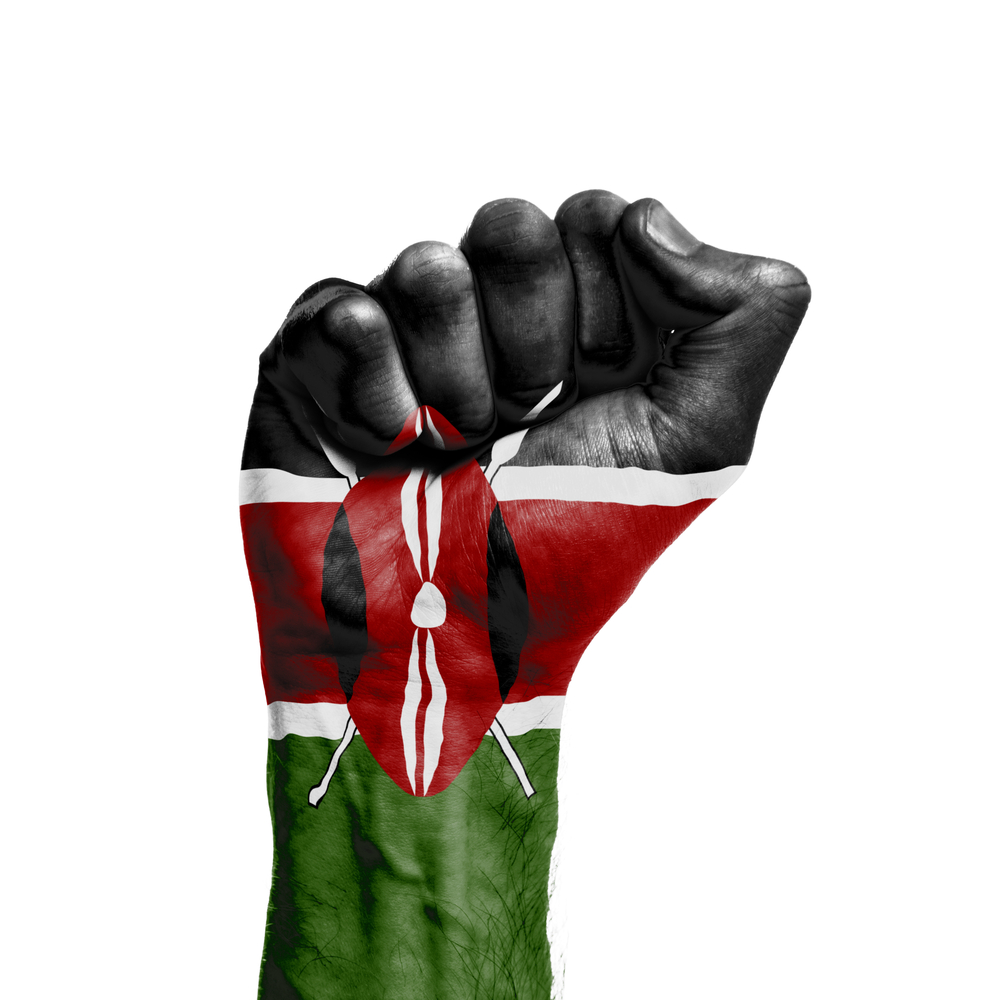Kenya’s Deputy President William Ruto has vowed to deport Chinese traders if he wins elections in August.
The Kenyan economy buckled under the strain of the pandemic. The country suffered a second blow after Russia’s invasion of Ukraine.
“That Chinese nationals are roasting maize and selling mobile phones, we will deport all of them back to their country,” Ruto said at an economic forum. “All those businesses are for Kenyans. Do not be worried about the foreigners engaged in those businesses. We have enough aeroplanes to deport them.”
Ruto joined politics in 1992 after then-President Daniel arap Moi took him under his wing. He would then go on to serve in several ministerial before being elected to the deputy presidency in 2013.
China is currently the continent’s largest trading partner, with direct trade amounting to more than $200 billion in 2019.
“There is a level of business that is not allowed by law for someone to come from China to do,” Ruto said.
China’s heavy presence in Africa has proven divisive. On the one hand, many African nations have welcomed Chinese investment to help develop their countries. But others feel the leaders of these nations are being short-sighted, believing it’s time to reclaim ownership of their economy.
New analysis by an open-source intelligence company finds that China’s arms sales, military training and investment in Africa are on the rise.
“The trend is clearly upward and what that arms sales diplomacy gives China is a lot more influence, a lot more power, over those African states,” said Dylan Lee Lehrke, a lead analyst at Jane’s told The Wall Street Journal. “It’s a military dependency.”








